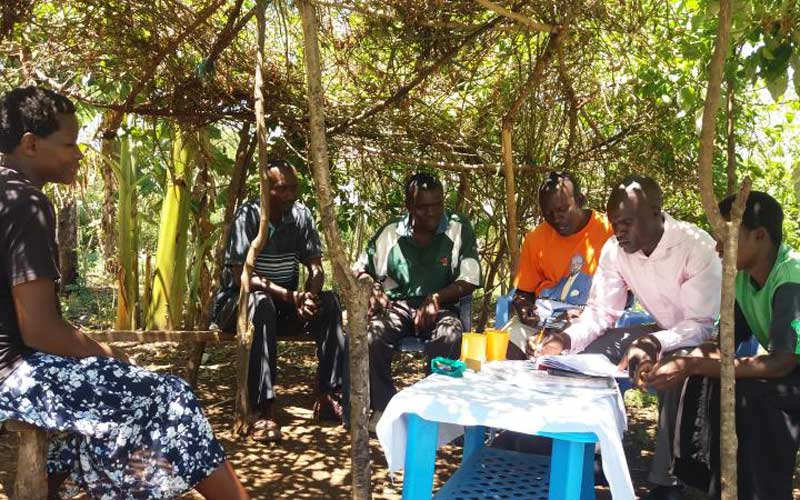×
The Standard e-Paper
Fearless, Trusted News

How about promoting maternal, child health and sanitation while saving money?
This is the essence of a village savings and loan association that brings together mothers with little or no income.